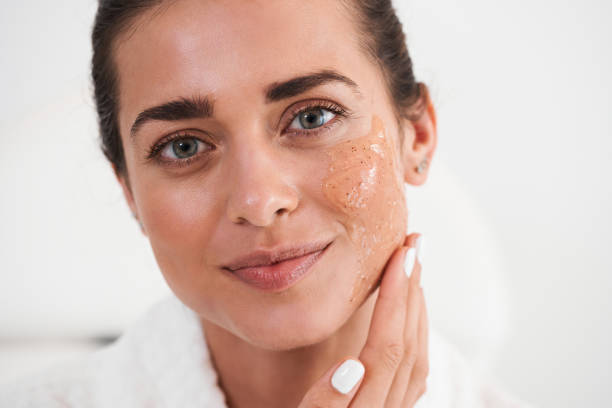Exfoliation is an essential step in any skincare routine. The removal of dead skin cells is important for maintaining glowing skin, facilitating other products to work better and keeping issues like dullness and patchiness at bay. And with consumers, craving to be more informed about what they put on their skin, the most popular form of exfoliation is chemical in nature, with alpha-hydroxy acids (AHA) and beta hydroxy acids (BHA) taking the top spot as go-to ingredients for the same. Let's talk about the alpha hydroxy acid and beta hydroxy acid benefits for your skin in this article.
Natural Argan Oil & Lavender Sulfate Free Anti-Frizz Shampoo - 400ml
₹658
₹658
SHOP NOW








